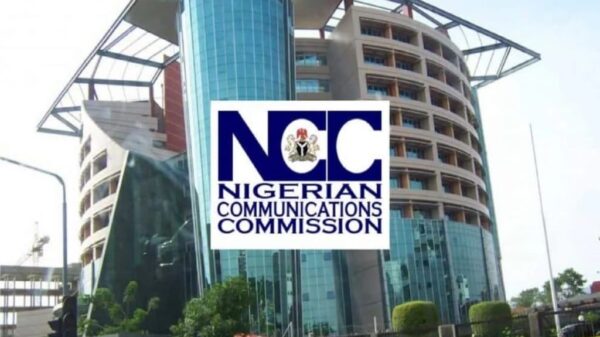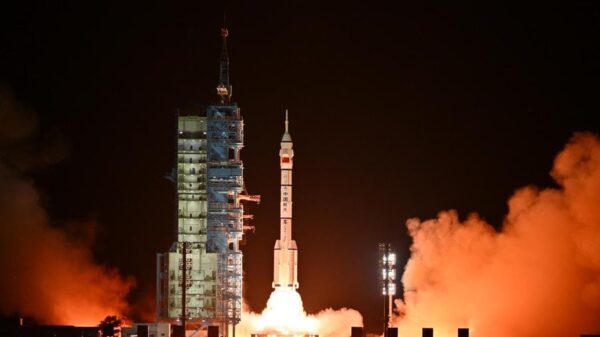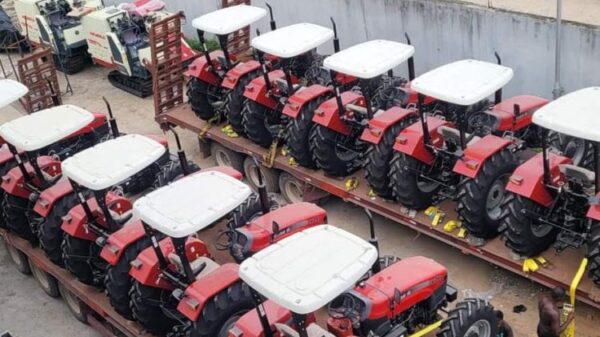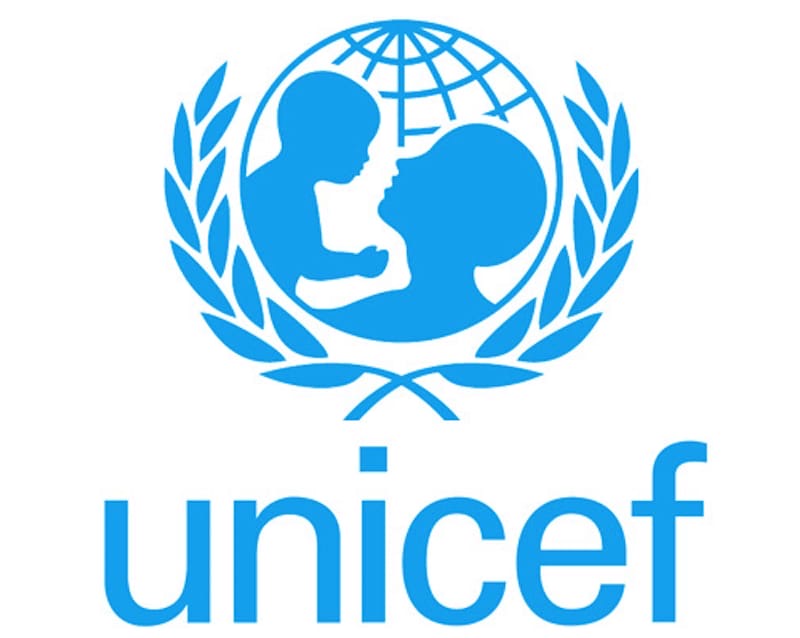The United Nations Children Fund (UNICEF) says Nigeria needs stronger commitment by state governments and stakeholders in the educational sector for the development of models to reduce the high number of out-of-school children.
Azuka Menkiti, UNICEF Education Specialist, made the remarks on Monday in Ibadan, at a two-day regional stakeholders meeting on out-of-school children and retention, transition and completion models for South-West states.
Menkiti said that such commitment would help in addressing barriers impeding retention, transition and completion of secondary school.
The meeting was attended by commissioners for education, religious leaders, and educationists from Lagos, Ondo, Osun, Ogun, Ekiti and Oyo States.
According to her, the number of out-of-school children in Nigeria is alarming, so Nigeria needs to build multiple learning pathways to tackle the out-of-school menace, impeded retention and transition in secondary education.
She said that the agency had successfully tested scalable intervention programmes, which state governments could replicate to ensure that the number of out-of-children in Nigeria were minimised.
Menkiti, who spoke on the agency’s education priorities 2023-2027 and strategic focus 2024, said that UNICEF was supporting states to strengthen systems, and expand to quality learning.
According to her, the National Bureau of Statistics (NBS) and UNICEF multiple cluster survey (MICS) 2021, says that only 39 per cent of the poorest girls attend primary school.
“The survey indicates that only 41 per cent of primary school students remain in school by the end of the junior secondary school.
“Only 73 per cent of children from ages 7 to 14 do not demonstrate functional reading skills.
“43 per cent of children with functional difficulties are in primary school, this is what UNICEF wants to change.
“UNICEF goals in minimising the out-of-school children menace, is to ensure that adolescents have access to secondary education, are equipped with knowledge and skill to complete secondary education, and transition into work or further education, and training.
“The objective of the agency is to strengthen government system, expand access to secondary education, and enhance learning and skills,” she said.
Menkiti urged government at all levels to be willing to show strong commitment for retention of students in school, and to also ensure their transition and completion, for a better life.
According to her, any child that has access to education has broken the cycle of poverty in his/her family.
In his presentation, Babagana Aminu, also a UNICEF Education Specialist, said that out of six million children enrolled in primary education yearly, one million did not get to lower secondary school.
Aminu, who also quoted from the multiple cluster survey (MICS) 2021, said that the education completion rate in the South-West region revealed that the primary education rate stood at 92.6 per cent, 85.3 per cent for lower secondary, and 72.9 per cent for upper secondary.
He, however, said that UNICEF would continue to offer support to governments at minimising the number of out-of-school children in the country.
In his remarks, the Oyo Commissioner for Education, Prof. Salihu Abdulwaheed, said that “the issue of out- of-school children was becoming embarrassing, and needed to be dealt with.
“To achieve the needed results in the state, and the region in general, an intervention must be done seriously and consistently for the next five years.
“With the effort of the state governments, majority of out-of-school children in the states are mainly non-indigenes. The government is doing everything possible to change the narrative,” he said.
























